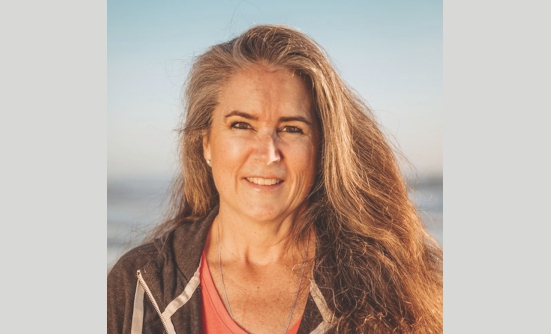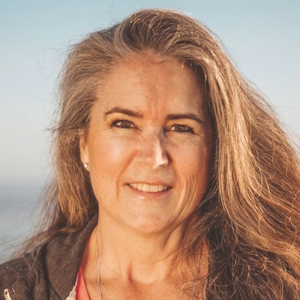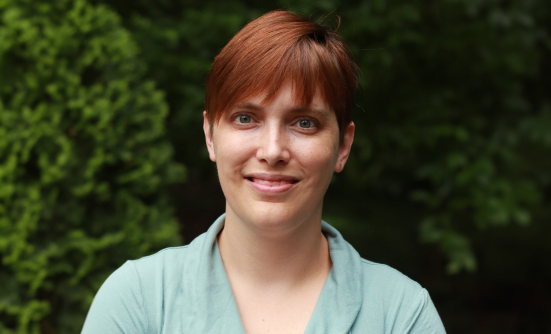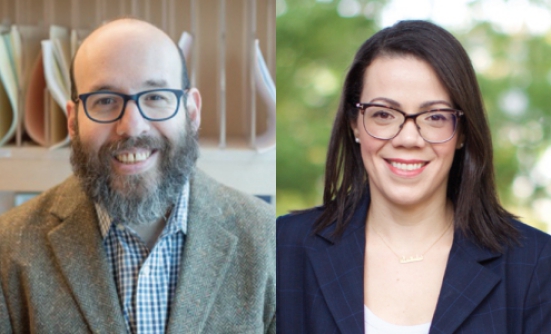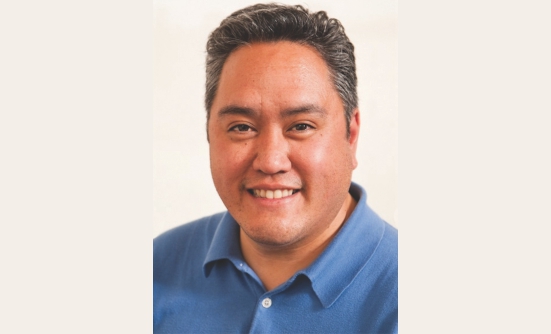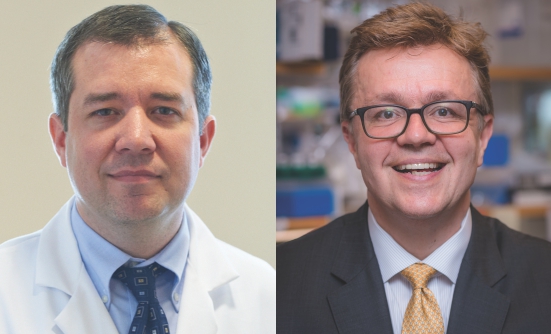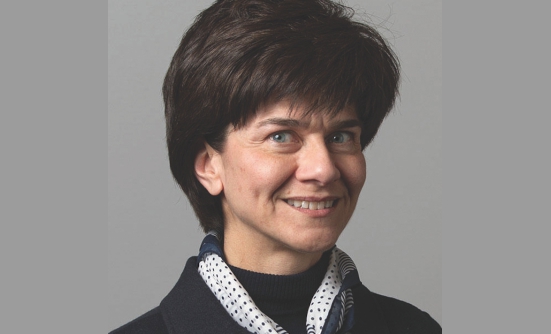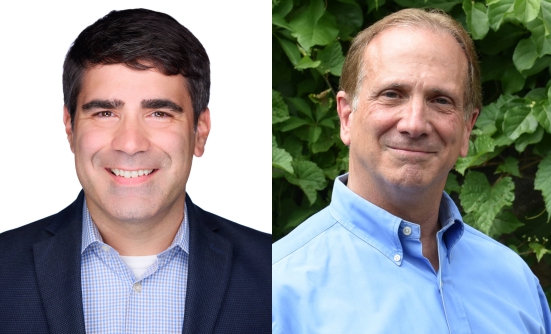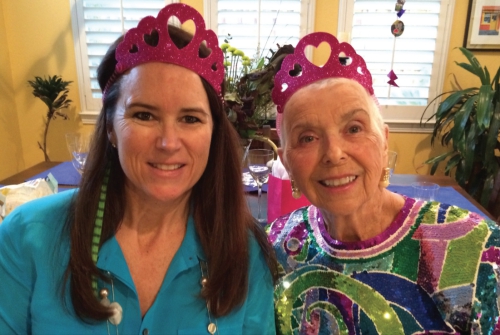
My mom, Janet Cooke, was a force to be reckoned with. After an accomplished career in nursing, she raised 5 kids while moving from state to state as a military spouse. After her diagnosis of stage IV squamous-cell carcinoma that metastasized to the lungs in 2012, she fought hard through 28 rounds of chemotherapy and targeted therapy that were associated with vicious side effects.
From Heartbroken to Finding Hope
When she died 2.5 years later, I was heartbroken, and wondered if there would ever be a way for people with her type of cancer to survive and thrive longer.
Last year, I became aware of new artificial intelligence (AI) technology used by the CureMatch database (www.curematch.com) that potentially could have made a difference in her treatment.
This technology supports the oncologist and the patient through the science of “precision medicine,” by sorting through millions of possible drug combinations to recommend the best possible course of treatment for a specific person’s type of cancer, based on that person’s molecular profile. Currently, CureMatch is the only company that offers this type of AI technology.
We had my mom’s tumor sequenced before her death, so I had the molecular information needed to find out, retrospectively, how this AI system, which was not available 10 years ago, would have matched her to specific drugs based on her molecular profile, potentially increasing her chances of survival. Although it is too late for my mom, this AI technology can give hope to other people who are going through cancer treatment.
Today we have the technology to customize unique treatment options for each person’s cancer based on that individual’s genetic markers (or biomarkers) that are directly related to the specific cancer. But how does it work, and how can the government help more oncologists gain access to support their patients with this new technology?
The Right Treatment the First Time
Oncologists, including the amazing physicians who were on my mom’s care team, know how important it is to try to find the best drug combinations for their patients as soon as possible. This is because our bodies often build up resistance to the specific drug therapy over time. If you try the wrong cancer therapy the first time, other treatments may not work as well later.
In addition, for patients, knowing that a drug is likely to be effective for their specific cancer will make it easier to bear the side effects of therapy. This is why it’s imperative that doctors have access to precision medicine support technology, so that they can make customized treatment recommendations earlier.
When my mom was going through her cancer treatments 10 years ago, researchers were just starting to learn that every person’s cancer is as unique as the patient’s fingerprints, with different biomarkers or molecular markers associated with each person’s cancer.
This means that every treatment works differently in each person, even if several patients have the same type of cancer.
Although my mom’s care team prescribed multiple combination therapies, which were still experimental at the time, they did not have the benefit of genomic testing technology that today can sort through millions of drug combinations to match cancer therapies to the individual person’s cancer.
CureMatch
I have worked in the healthcare field for many years, and last year I began working for CureMatch, a technology company that uses AI to help oncologists navigate the complexity of human genomics to match patients to the best treatments that fit their individual molecular profile.
In September 2021, we ran my late mother’s genetic sequencing results through the CureMatch Decision Support System to determine the best-matched treatment options among millions of possible drug combinations for her tumor’s genetic profile.
The results showed that the CureMatch top-scoring molecularly matched drug combinations were different from the ones that were given to my mother, most of which had very low or no matching scores for her specific molecular profile. Although it was not possible for anyone at the time to evaluate all the possible drug combinations, as can be done through the use of this AI technology, I wish my mother’s doctors would have had the benefit of this technology back then.
Cancer Moonshot: Why We Need It
In 2016, President Biden, then-Vice President Biden, launched the Cancer Moonshot initiative, which aims to reduce the death rate from cancer by 50% over the next 25 years, through several aggressive steps to improve access to advanced cancer tests and treatments nationwide. This initiative includes AI-based precision medicine support tools like the one I used retrospectively to evaluate my mom’s treatment.
Precision medicine gives many patients with cancer hope for better chances of survival than they had before the use of precision medicine, and this can make it easier to deal with the emotional and physical side effects of these treatments.
A major obstacle to having more patients with cancer being able to access precision medicine is the sheer amount of data that is involved with personalized cancer treatment. With help from decision support technology, such as CureMatch, doctors can complete the enormous task of sorting through the millions of possible drug combinations that could match the specific molecular profile of the patient’s tumor.
People need to know that tools for precision medicine exist. We also need initiatives such as Cancer Moonshot to educate consumers, align the government and healthcare industry to bring this technology to more oncologists, and help patients understand that there are tools to support their treatment.
Joint public and private innovation and research is key to improving cancer detection early and providing earlier, more personalized cancer treatment that could save and improve lives.
This, in turn, will likely pave the way to increased insurance coverage of precision medicine that will encourage more widespread adoption of AI tools for precision medicine by radiology centers, hospital systems, oncology groups, academic cancer centers, community clinics, next-generation sequencing labs, drug development companies, and health systems everywhere that work to increase the chance of survival for patients with cancer.
Although it is too late for my mom to benefit from precision medicine, we now have the knowledge and the tools to help doctors choose the best possible drug combinations for an individual patient with cancer. We all need to take advantage of these innovations and work toward saving and improving more lives. Cancer Moonshot can help with this goal.
Be Your Own Advocate
In the meantime, patients and caregivers must be their own best advocates. Ask your doctor about precision medicine and genomic profiling, and ask to be matched to therapies that consider the molecular profile of your cancer.
Don’t take “no” for an answer. Those of us working to advance precision medicine won’t either.
Patient Resources
Cancer Moonshot
www.whitehouse.gov/cancermoonshot
CureMatch
www.curematch.com
National Cancer Institute
www.cancer.gov/about-cancer/treatment/types/biomarker-testing-cancer-treatment
Key Points
- New artificial intelligence technology sorts through millions of possible drug combinations to recommend the best treatment based on a person’s molecular profile
- Trying the wrong cancer therapy the first time may mean that later treatments will be less effective
- Knowing that a drug is likely to be effective for their specific cancer makes it easier for patients to bear the side effects of therapy
- Every person’s cancer is as unique as the patient’s fingerprints, with different biomarkers or molecular markers associated with each person’s cancer
- People need to know that tools for precision medicine exist
- We also need initiatives such as Cancer Moonshot to educate consumers and help patients understand that there are tools to support their treatment





